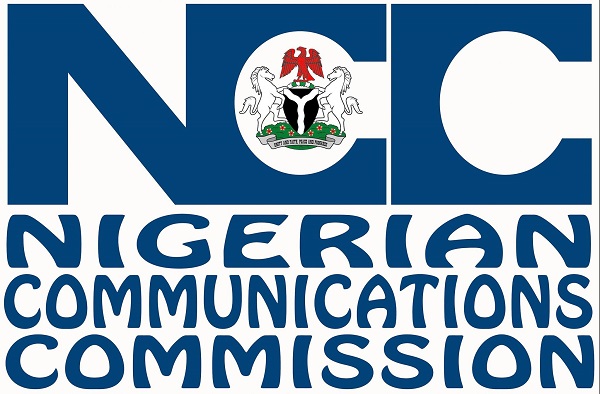
The Nigerian Communications Commission (NCC) said it will emphasise the importance of clean energy use in the telecommunications industry, in an event scheduled to commemorate the 2023 World Consumer Rights Day (WCRD) in Abuja.
The commission has celebrated the WCRD since 2017 when it declared that year as the ‘Year of the Telecom Consumers’. This year’s theme, “Empowering Consumers through Clean Energy Transitions,” presents an opportunity for NCC to inform the public, telecom consumers and other stakeholders about the policies it has established to encourage operators in the sector to transition to renewable and environmentally friendly energy sources.
The executive commissioner for stakeholder management at NCC, Barrister Adeleke Adewolu said the commission is committed to reducing the environmental impact of telecommunications operations. Nigeria’s electricity supply challenges have resulted in the telecom sector being a contributor to carbon emissions.
Adewolu, who represented the NCC’s executive vice chairman, Prof. Umar Danbatta at the inauguration of the event’s organising committee, stated that the telecoms sector has more than 54,000 base transmitter stations that rely on generators, emitting a significant amount of greenhouse gases.
Danbatta, who is a Fellow of the Renewable Alternative Energy Society (FRAES), explained that renewables and energy efficiency, powered by significant electrification, can provide more than 90 per cent of the necessary reductions in energy-related carbon emissions. He emphasised that increasing the use of electricity sourced from renewables is the best way to accelerate the world’s energy transformation.
NCC’s director of public affairs, Reuben Muoka, confirmed that the commission is looking to introduce a policy that encourages ethical energy sources, which will help safeguard the environment for consumers and other telecom service users. The move is also aligned with the Sustainable Development Goals (SDGs).
Danbatta also noted that NCC has introduced a regulatory framework on infrastructure sharing and collocation, which encourages licensees to maximise their already-deployed infrastructure. By sharing infrastructure, some operators do not need to build a telecoms site entirely in an area where another operator has deployed one. This regulatory framework is helping to address the challenge of inadequate public electricity supply in Nigeria as telecom companies rely on diesel-powered generators to keep their telecom sites live round-the-clock.


